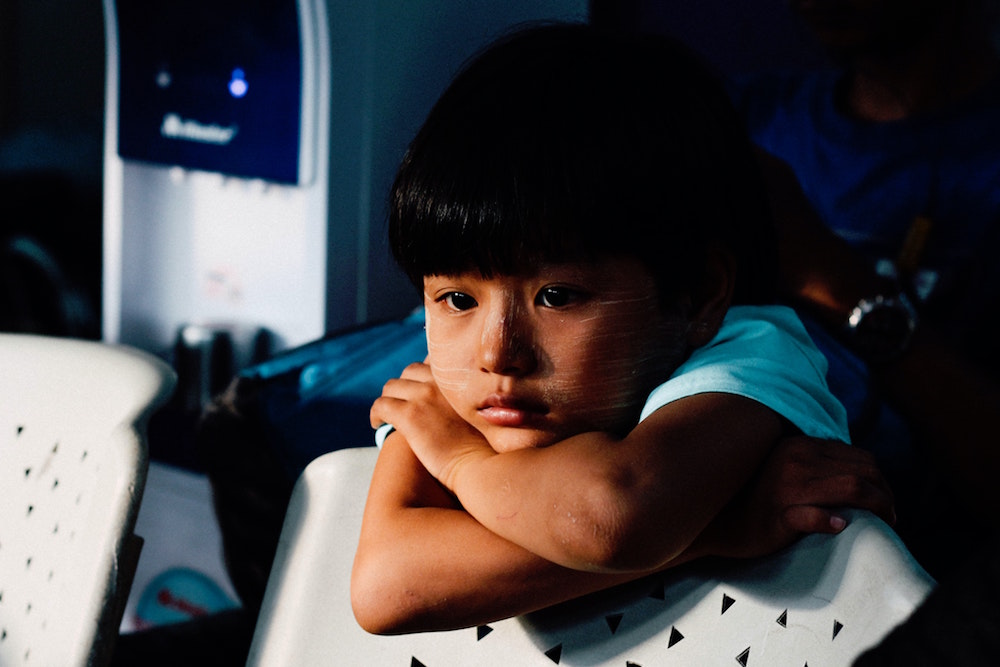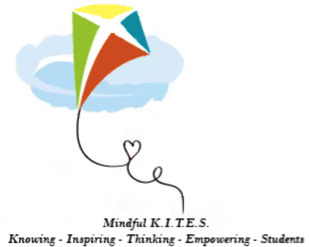
Have you ever found yourself in a situation where you maybe find yourself having a physical reaction that just starts to take over you? Maybe your heart is racing, your chest is tightening, your muscles tense, you don’t know if to scream or cry? Or even worse rage or fear takes over your body, you just want to escape? This is the body setting of an alarm that, “I’m not safe”, an alarm has gone off. The body is remembering something awful it experienced and it’s trying to keep you safe. Physical reactions like this can quite often be due to an old traumatic experience being triggered. To this very day, if someone jokingly or seriously lashes me on my arm, a heat and rage comes over my body. Yes, with all my years of training in psychology and coping mechanisms, I am triggered! I almost slip back to my childhood mental state, where I absolutely hated, feared with my entire being, our parents’ favourite form of discipline – good old lix.
You might be thinking, but lix is not traumatic…and this is where we tend to overlook what exactly is trauma. Usually, when we think of childhood trauma, we think of these major and awful events such as, abuse, a car accident, natural disasters, death to name a few. However, trauma may not always be a one-time event, it can also be an on-going stressful event, such as bullying. In fact, nearly any event can be considered traumatic to a child if it happened unexpectedly, it happened repeatedly, someone was intentionally cruel, or the child was unprepared for it. Childhood trauma also doesn’t have to occur directly to the child; for instance, watching a loved one suffer can be extremely traumatic as well. Exposure to violent media can also traumatize children.
I tend to describe the different experiences that are traumatic to us as we grow up and continue in life as our trauma line. That’s why even as adults you might sometimes question yourself of why you are getting so emotional over a situation – probably because somewhere on your trauma line got triggered. This is why it is important that not only do we look out for the signs of trauma in children, but also try to deal with it through the appropriate interventions. We don’t want our children turning into adults with trauma lines that have a ton of events on it that they have not learned to cope with. It is especially important that we do not downplay what a child says is traumatic for them – there is not a Big Trauma and a Little Trauma. Trauma is trauma! Remember it is a fundamental feeling of threat. It’s a perceived lack of safety and it’s different for every child and everyone. Trauma is more about the impact than the cause; it’s about how the trauma is “remembered” in the body. It is not up to us to judge or quantify or size up the impact of a child’s trauma. Therefore please don’t ask a child to, “Just get over it” or assume that they are too young to remember an event or situation as they get older. Even infants and toddlers can experience traumatic stress.
As previously mentioned, every child can react differently, A child’s trauma reactions may include:
Withdrawal – such as loss of interest in activities, loss of confidence, not wanting to talk or regressing to more ‘babyish’ ways of behaving
Preoccupation – needing to relive the experience, for example, through repetitive play or drawings. The child may be overly concerned about the possibility of future events or may have nightmares
Anxiety – such as problems with concentrating or paying attention, clingy behaviour, separation anxiety, sleep problems and irritable behaviour
Physical symptoms – such as headaches and stomach aches
Intense and ongoing emotional upset – such as crying uncontrollably, temper tantrums, explosive anger.
Also allow for a delayed reaction. Some children seem to cope well at first, but can experience reactions to the stress days, weeks or even months later. Older children may use drugs or alcohol, behave in risky ways, or engage in unhealthy sexual activity.
It is important to communicate with your child about the traumatic event. Listen to them and take their concerns and feelings seriously. Talk to them in a way that is appropriate to their level of understanding. If you do not think you are well equipped to have the conversation, Trinidad has some excellent psychologists who are specialized in trauma, seek help from these professionals.
Always be understanding and recognize that changes in their behaviour can be them reacting to the distressing or frightening events. Remember that they may have different emotions than what you expect, so don’t expect a child to react the same way you do. And make sure your child gets enough rest, sleep and that they are physically relaxing. Ensure there is time for play and recreational activities as well as time for fun, laughter and good times.
If we all come to understand that everyone has probably gone through some form of trauma, we may not be so quick to judge some emotional responses. If we start to communicate with our children and help them feel safe to talk about and give them the tools to cope with their experiences, then maybe we will have a future adult population who is mentally, emotionally and physically healthy, less angry, kind and patient.
